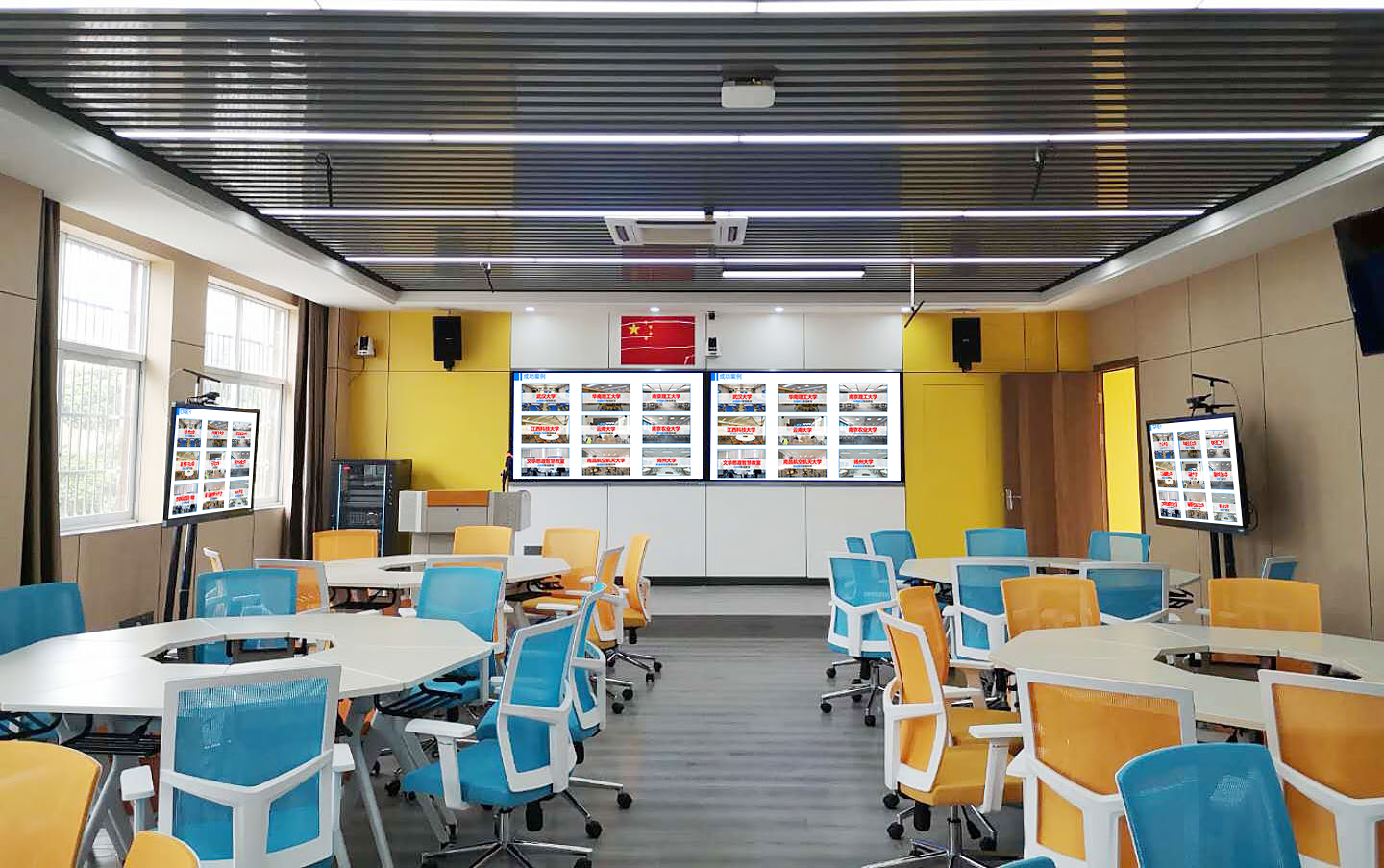Screen Mirroring Devices: Interaction Boosters for Group Discussions
As a core link to activate classroom thinking, group discussions often face problems such as low presentation efficiency, insufficient interaction, and delayed teacher guidance. The integration of screen mirroring devices, with the advantages of instant connection and multi-screen linkage, is transforming group discussions from “intra-group circulation” to “whole-class interaction”.
Instant Mirroring & Presentation: Break Through Sharing Barriers
In the past, after group discussions, each group had to take turns going on stage to present results with a computer—this not only took up a lot of class time but also made it hard for students in the back row to see details clearly. Screen mirroring devices have completely changed this model: discussion reports and mind maps completed by groups on tablets or laptops can be synchronized to the classroom large screen with just one click, taking only a few seconds.
In a discussion on literary classics in Chinese class, a character relationship map drawn by one group on a tablet was instantly mirrored for the whole class to refer to; annotation notes on thematic ideas organized by another group were projected right after. Results from different perspectives circulated quickly, doubling the efficiency of the sharing session.
Multi-Group Synchronous Linkage: Deepen Ideological Collisions
The multi-terminal switching function supported by screen mirroring devices makes the comparison and collision of results from multiple groups more intuitive. In a math problem-solving discussion class, three groups derived different solution ideas—their reasoning processes were displayed in sequence via the screen mirroring device, and the teacher could freeze the key steps of any group at any time to guide the whole class in comparative analysis of strengths and weaknesses.
In a science experiment discussion, the experimental data charts presented by two groups were projected in split-screen mode simultaneously, with differences clearly visible—this triggered in-depth discussions among students on experimental variable control. This instant linkage of multi-group results makes ideological collisions more targeted.
Teachers’ Precise Intervention: Improve Discussion Quality
In group discussions, teachers often struggle to grasp the progress of each group in real time, leading to delayed guidance. With screen mirroring devices, teachers can receive mirroring applications from each group via mobile terminals and check their discussion drafts and question records in real time—they can locate stuck groups without moving around.
In a discussion on social issues, when a group was found to have a one-sided understanding of “environmental protection policies”, the teacher immediately mirrored relevant policy interpretation documents to the group’s display terminal; when two groups argued over data sources, the teacher directly mirrored pages from authoritative databases for both sides to verify. Precise real-time guidance keeps discussions from straying off track.
From the rapid presentation of results to in-depth ideological collisions, and further to teachers’ precise empowerment, screen mirroring devices free group discussions from spatial and temporal constraints, ensuring that the wisdom of each group can be seen and discussed. They have become key boosters for activating the vitality of classroom discussions.
